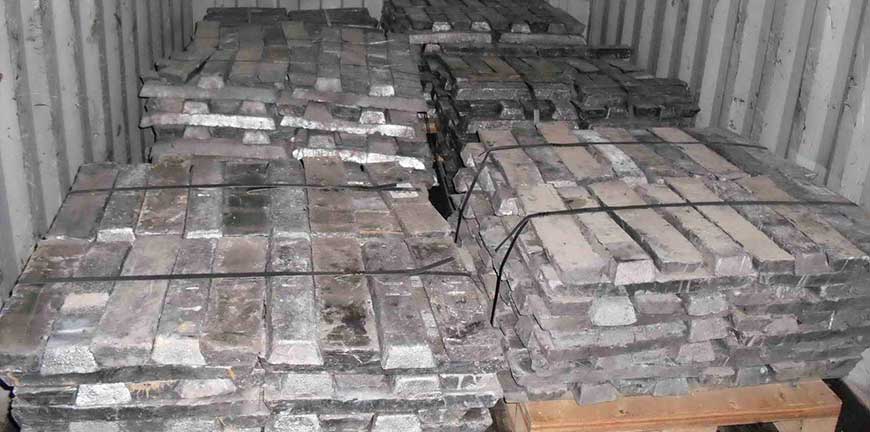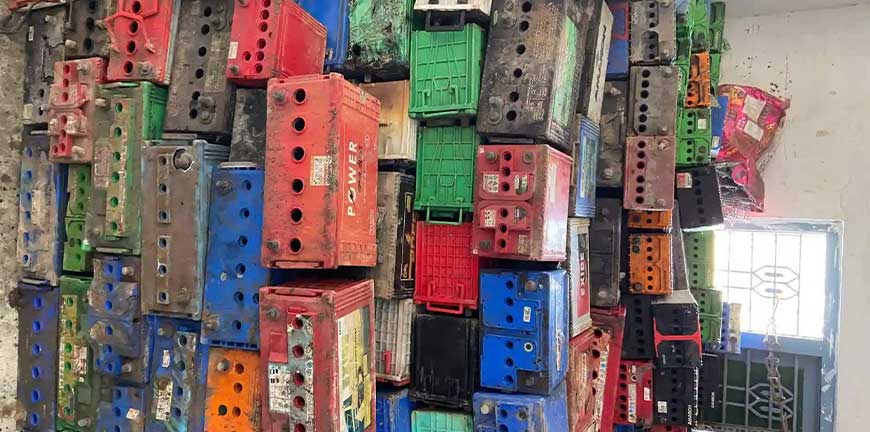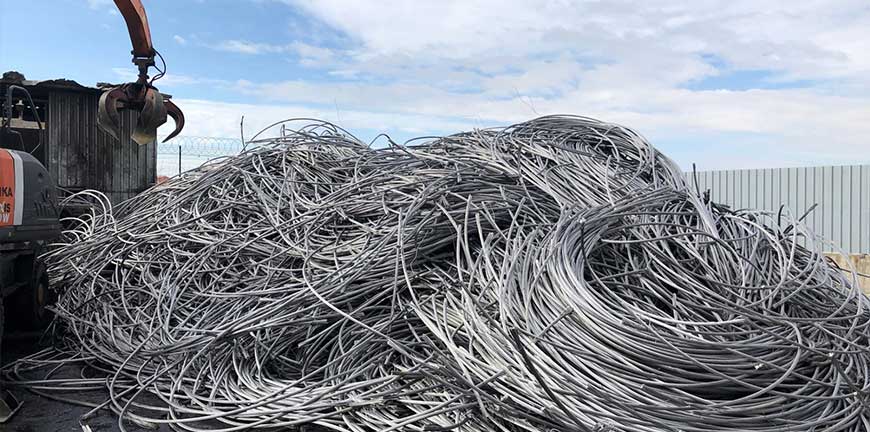1. Lead Ingots

-
Soft Lead Ingots
Lead is a soft and ductile metal in nature. It is known for its anti-corrosive properties. In today’s industry soft lead ingots are used in power and power storage such as underwater power and communication cables. Moreover, it is also used in the automobile industry i.e electric vehicle batteries and operating emergency power supplies.
Hard Lead Ingots
Antimonial lead alloys consist of 1% to 10% antimony. Antimony is known for hardening of lead alloys for a number of structural and machined products and adds rigidity to the design. Lead alloys and tin alloys which a certain percentage of antimony shows enhanced properties for bullets, and plain bearing.
2. Lead Battery Scrap

On the basis of consumption of lead batteries are categorized into the following:
-
SLI; Starting Lighting Ignition Batteries
More than half of the demand for lead goes into SLI batteries. Starting ignition batteries are consumed in the automobile industry majorly specifically in light vehicles. Besides the automobile industry, they are used in golf carts and boats.
The demand of such batteries can be segregated into original equipment and replacement. According to the current market, the replacement demand is beating the original equipment demand by nearly about 4:1.
-
Industrial Batteries
Industrial batteries are being consumed a quarter from the total lead production. In this sector various types of batteries are used such as stationary and traction batteries, segregated roughly 50:50. Backup power supply systems use stationary batteries on the other hand, motorized wheelchairs and forklift trucks use traction batteries.
3.Lead Cable Scrap

The sheaths give these cables protection from degradation, corrosive liquids, and vapors. Lead Wires are widely used in control panels, cars, ovens, computers, etc. These wires are highly durable and versatile across various applications.
A CALL BACK

